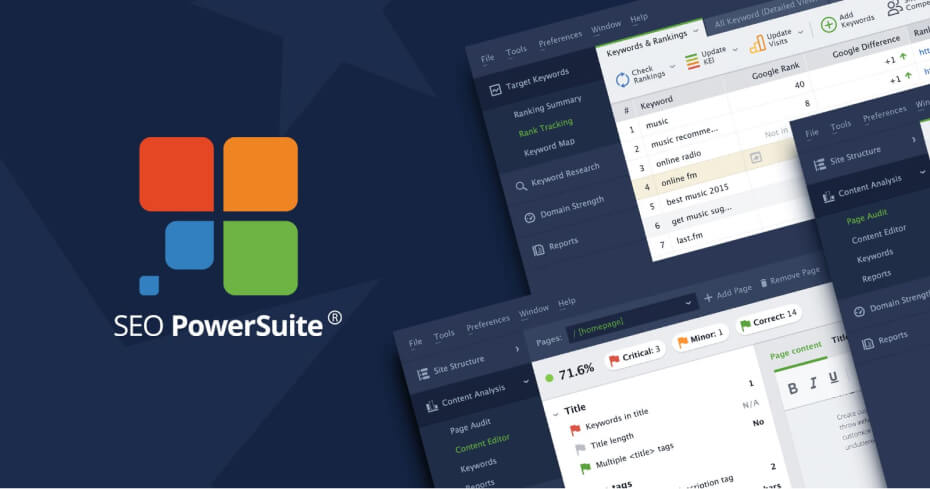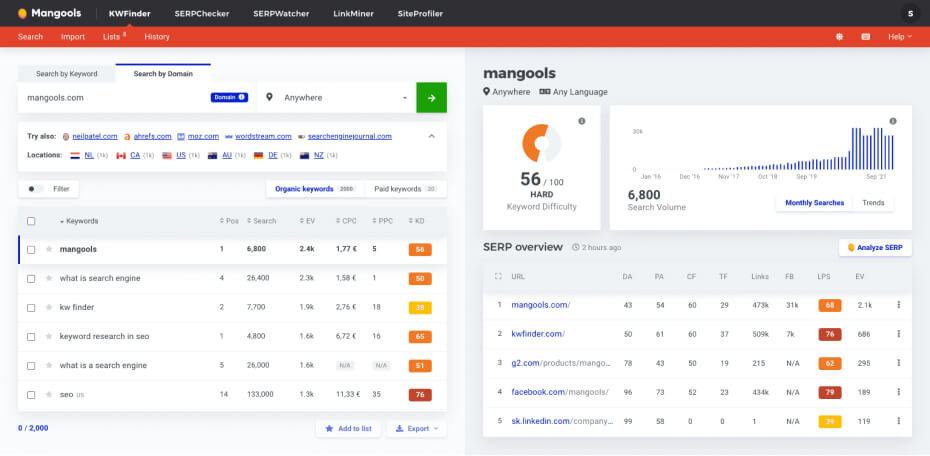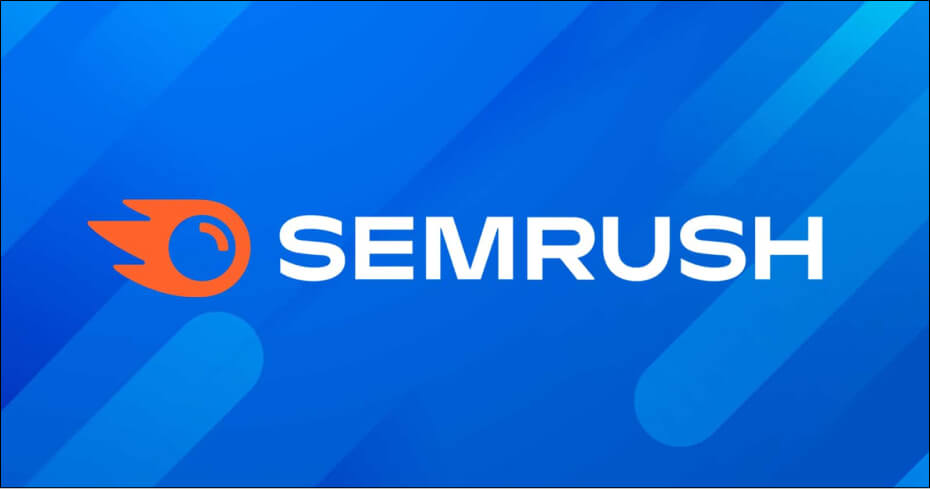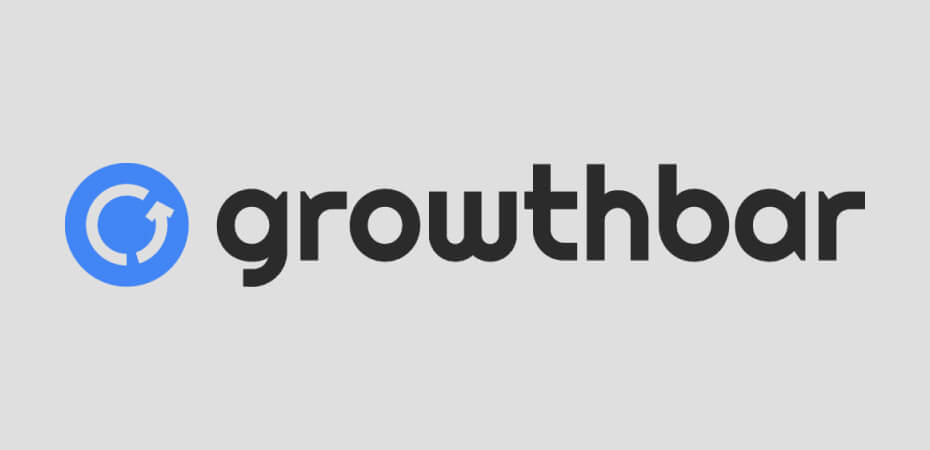A important component of contemporary SEO is keyword research. As it takes time, keyword research tools for it can help you uncover the information and identify the chances for effective SEO campaigns.
Whether you’re launching a new blog or planning your content strategy for an existing one; one of the most effective ways to drive reliable, high-quality traffic to your website is through the use of good quality keywords.
Manual keyword research costs you more money than a paid tool, even though you may be saving money by not purchasing a premium service.
- Efficiency. It takes a lot of time to conduct manual keyword research. How much does your time cost an hour?
- Comprehensiveness. It can be difficult to obtain complete and historical data on your own. It’s far too simple to overlook crucial information that will help your SEO plan succeed.
- Competition. Using keyword research tools, you may learn about your competition as well as what users are searching for. You can uncover the greatest route to success and profitability by promptly identifying any gaps.
- Knowledge. Experienced SEO professionals who carefully analyze the SERPs can create their own keyword strategies, but doing so takes years of work, trial and error, and money.
The top 7 tools for keyword research
Here are seven well-known and tried-and-true SEO tools to help you take control of your market.
One of the greatest tools for keyword research, if you’re seeking for a full solution, is SEO Powersuite. Everything you require to enhance on-page and off-page SEO is included in its comprehensive toolkit.

You’ll get basic keyword research tools, as well as options for mobile and social media optimization and more.
Unique characteristics
- A thorough SEO audit
- Tracking of rival rankings
- Reports on professional SEO
- Cloud storage (up to 400 projects)
- Creating client reports with a white label
- Link administration and backlink analysis
One of the most well-known tools is Google Keyword Planner. Google Keyword Planner is similarly limited in its ability to provide information about the SERP’s actual features, including which ones you may exploit and how effectively they convert.

The tool is simple to use, accessible via API and the web, and it costs nothing; all you need is a Google Ads account. When utilizing this tool, you need also be aware of a few factors.
Unique characteristics
- Find new keyphrases.
- Research related keywords.
- Determine how many people have searched for each variation.
- Calculate the degree of competitiveness.
The keyword research and analysis tool KWFinder was created by Mangools, a developer renowned for producing the best solutions for keyword research and analysis across all categories. For help getting started, consult their beginner’s guide. To get going, consult their beginner’s guide.

The KWFinder software makes it simple to identify keywords with minimal SEO difficulty in addition to a variety of other useful features.
Unique characteristics
- A distinctive user interface that is simple to utilize
- Anywhere, look up keywords in the desired language
- From the list of strong keywords, pick your alternatives.
- Obtain accurate data on keyword competition.
- Complete SERP overview and a list of suggestions
- Refine the list of keyword suggestions using filters.
For a variety of websites and search engines, including Google, Amazon, eBay, Bing, Wikipedia, Alibaba, YouTube, Yandex, Fiverr, and Fotolia, Keyword.io employs autocomplete APIs to retrieve the most basic information. This is ideal for serving niche markets and fulfilling certain demands.

You’ll find an easy-to-use filter system and a chart with information on your chosen keywords’ competition, search volume, CPC, and a few other factors in its user interface (UI).
Additionally, only paying accounts have access to its API, similar keywords tool, Google Ad data, and other services.
With a keyword database of more than 21 billion, Semrush offers a set of six keyword tools and four competitive analysis tools. Including sponsored and organic search volume, intent, competition, CPC, historical data, SERP analysis, and more, you can obtain a complete perspective of the keywords you’re monitoring.

It’s simple to find content and keyword gaps thanks to the organic competition tab. Increase their size and create clusters that will aid in attracting visitors and converting them. In order to determine the competitiveness, difficulties, and opportunities on Page 1 at a global or hyperlocal level, you can also check long-tail keyword data and other data.
Your data may be seamlessly integrated, allowing for easy team collaboration, insight sharing, and planning.
Unique characteristics
- Suite for competitive analysis.
- Examination of log files.
- Auditing a site.
- Tools for content marketing.
- Market research.
- Tools for paid advertising.
- Tools for local SEO
- Tracking of rank.
One of the greatest keyword research tools for bloggers and marketers who need ranking difficulty or keyword recommendations to show up with their search results is GrowthBar.

You can now build content outlines for your blog or website with just one click, replete with keywords, word counts, headers, images, and links, thanks to a new feature they’ve introduced called content outline generation.
It also enables you to look through competitor profiles that include information on backlinks, organic keywords, Google/Facebook ad information, and related insights.
Unique characteristics
- Using AI, create content outlines
- Tracking of keyword rank
- Precise difficulty ranking
- Recommendations for long-tail keywords
- Able keyword information
- Words on each page
Long-tail keywords have become the new benchmark for SEO, which is no secret. For micro-niche sites, the Long Tail Pro keyword generator has even developed a cult following among content creators. It generates long-tail keywords for specialized websites.

Unique characteristics
- Strong, comprehensive keyword metrics
- Finding long-tail keywords is simple.
- Offers suggestions for bringing in highly converting organic traffic
- More than 2,500 SERP searches per day
Wrapping Up
The tools you may use to conduct keyword research to a professional level are numerous; this list only includes seven of them. However, it’s crucial to realise that none of the tools, no matter how many or which ones we share with you, are perfect. Analyze your budget first, then think about the main goal of your brand’s SEO strategy to choose the one that works for your business. The types of clients you generally work with and personal choice play a large role in deciding which platform to use because each tool has distinct advantages and disadvantages of its own.
Focus your search on Google Keyword Planner if cost is your main issue. You should consider KWFinder if you require a more complete collection of tools. In practise, you’ll probably discover that you enjoy using a few tools in combination to get things done.
Author
Jayesh Patel
Jayesh Patel is a Professional Web Developer & Designer and the Founder of InCreativeWeb.
As a highly Creative Web/Graphic/UI Designer - Front End / PHP / WordPress / Shopify Developer, with 14+ years of experience, he also provide complete solution from SEO to Digital Marketing. The passion he has for his work, his dedication, and ability to make quick, decisive decisions set him apart from the rest.
His first priority is to create a website with Complete SEO + Speed Up + WordPress Security Code of standards.